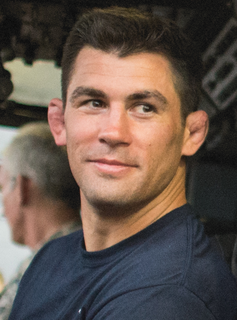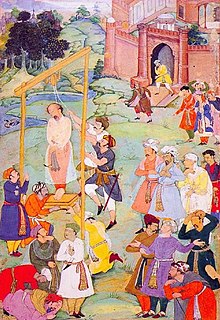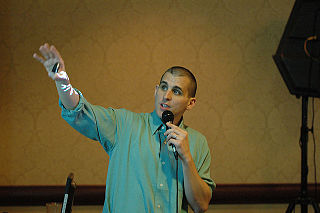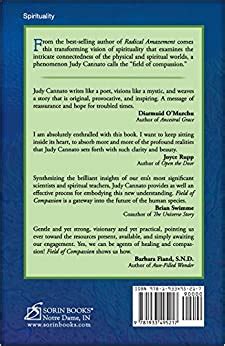A Quote by Rainer Maria Rilke
For one human being to love another; that is perhaps the most difficult of all our tasks, the ultimate, the last test and proof, the work for which all other work is but preparation.
Related Quotes
To love is good, too: love being difficult. For one human being to love another: that is perhaps the most difficult of all our tasks, the ultimate, the last test and proof, the work for which all other work is but preparation. Love is a high inducement to the individual to ripen, to become something in himself, to become world for himself for another's sake, it is a great exacting claim upon him, something that chooses him out and calls him to vast things.
There are two synergistic approaches for increasing productivity that are inversions of each other:
1. Limit tasks to the important to shorten work time (80/20).
2. Shorten work time to limit tasks to the important (Parkinson's Law).
The best solution is to use both together: Identify the few critical tasks that contribute most to income and schedule them with very short and clear deadlines.
If you're going to live in a community, you have to refrain from killing one another and stealing from one another. You must have honor and honesty in your dealings with one another. But I think the deeper thing that we need to do is to become so fully human that we don't grasp at life; we give life away. We give love away. We give being away. That is the ultimate work of religion.
Love is higher than opinion. If people love one another the most varied opinions can be reconciled - thus one of the most important tasks for humankind today and in the future is that we should learn to live together and understand one another. If this human fellowship is not achieved, all talk of development is empty.
A book is made from a tree. It is an assemblage of flat, flexible parts (still called "leaves") imprinted with dark pigmented squiggles. One glance at it and you hear the voice of another person, perhaps someone dead for thousands of years. Across the millennia, the author is speaking, clearly and silently, inside your head, directly to you. Writing is perhaps the greatest of human inventions, binding together people, citizens of distant epochs, who never knew one another. Books break the shackles of time ? proof that humans can work magic.
The church exists primarily for two closely correlated purposes: to worship God and to work for his kingdom in the world ... The church also exists for a third purpose, which serves the other two: to encourage one another, to build one another up in faith, to pray with and for one another, to learn from one another and teach one another, and to set one another examples to follow, challenges to take up, and urgent tasks to perform. This is all part of what is known loosely as fellowship.
The pain of loneliness is one way in which he wants to get our attention. We may be earnestly desiring to be obedient and holy. But we may be missing the fact that it is here, where we happen to be at this moment and not in another place or another time, that we may learn to love Him - here where it seems He is not at work, where He seems obscure or frightening, where He is not doing what we expected Him to do, where He is most absent. Here and nowhere else is the appointed place. If faith does not got to work here, it will not work at all.
Every human being lived behind an impenetrable wall of choking mist within which no other but he existed. Occasionally there were the dim signals from deep within the cavern in which another man was located so that each might grope toward the other. Yet because they did not know one another, and could not understand one another, and dared not trust one another, and felt from infancy the terrors and insecurity of that ultimate isolation there was the hunted fear of man for man, the savage rapacity of man toward man.
Our possibilities of happiness are already restricted by our constitution. Unhappiness is much less difficult to experience. We are threatened with suffering from three directions: from our own body, which is doomed to decay and dissolution and which cannot even do without pain and anxiety as warning signals; from the external world, which may rage against us with overwhelming and merciless forces of destruction; and finally from our relations to other men. The suffering which comes from this last source is perhaps more painful to us than any other.
Love is in the pleasure of possession, but in the Love of Allah there is no pleasure of possession, because the stations of the Reality are wonderment, the cancelling of the debt which is owed, and the blinding of vision. The Love of the human being for God is a reverence which penetrates the very depths of his being, and which is not permitted to be given except to Allah alone. The Love of Allah for the human being is that He Himself gives proof of Himself, not revealing Himself to anything that is not He.
All great tasks test our motivation. It's easy to court ideas over beers and change the world with napkin sketches, but like most things taken home from bars, new challenges arise the next day. It's in the morning light when work begins, and grand ideas (or barroom conquests) lose their luster. To do interesting things requires work and it's no surprise we abandon demanding passions for simpler, easier, more predictable things.
To see ourselves as we truly are—a wisp of love itself—is perhaps our deepest fear. But it is also our greatest grace. If we are to be the new human, we must begin by embracing love, which always seeks to incarnate itself. Love is enfleshed everywhere. Everywhere the Holy One is shouting and whispering, ‘Let me love you.’ And all that is asked of us is to receive. In reality, that is our life’s work. Nothing more, and certainly nothing less.






































